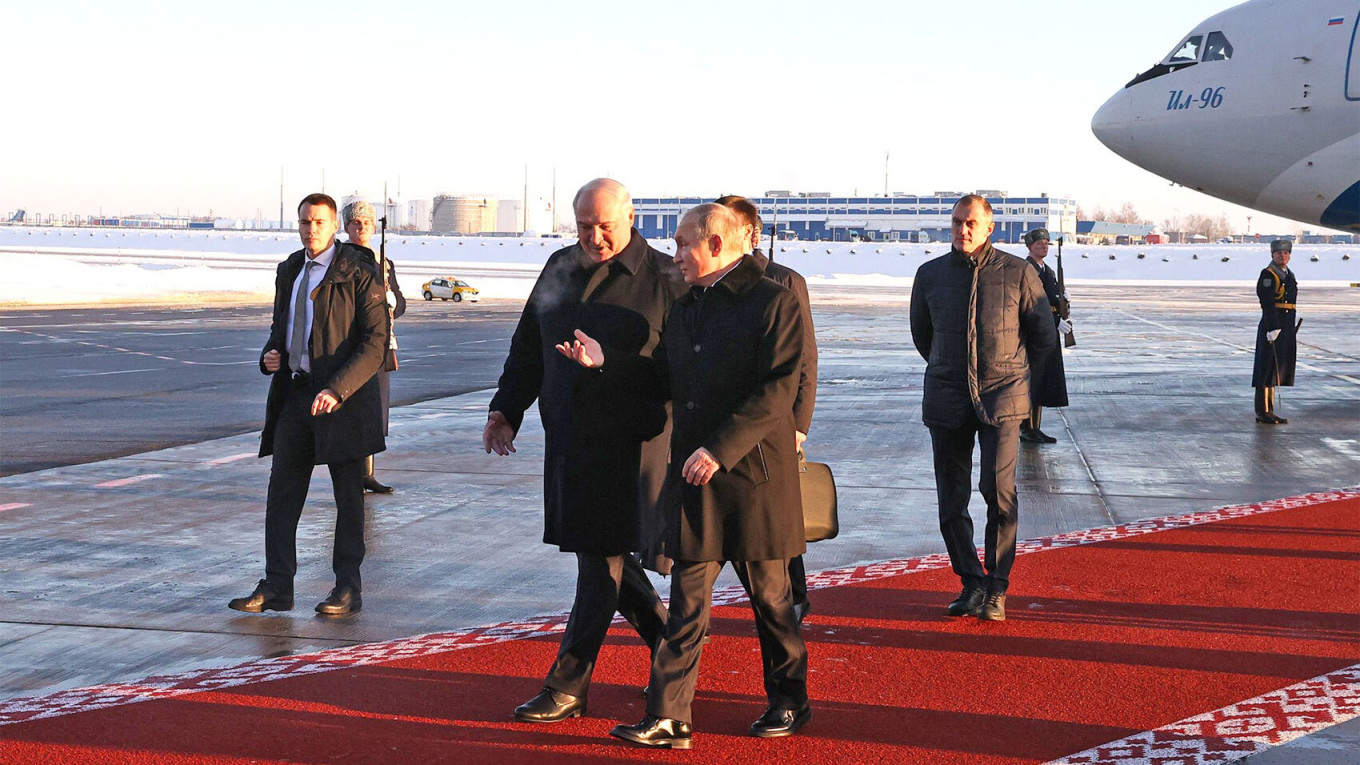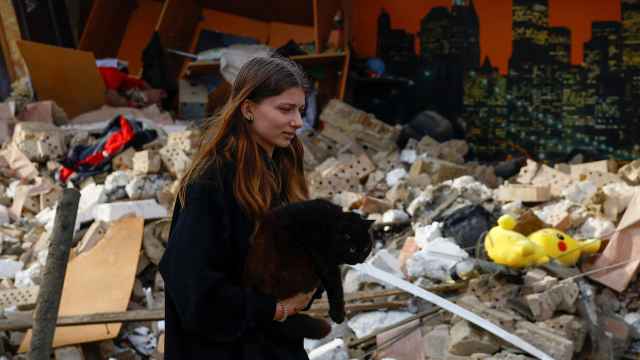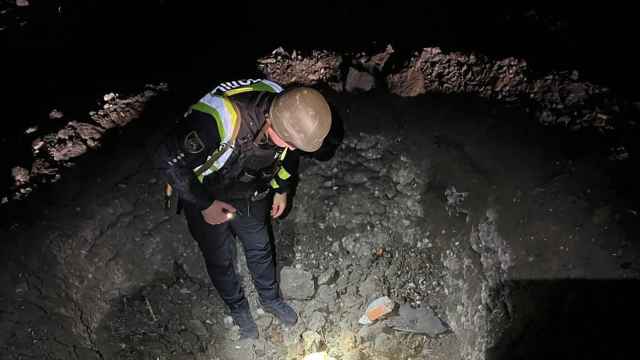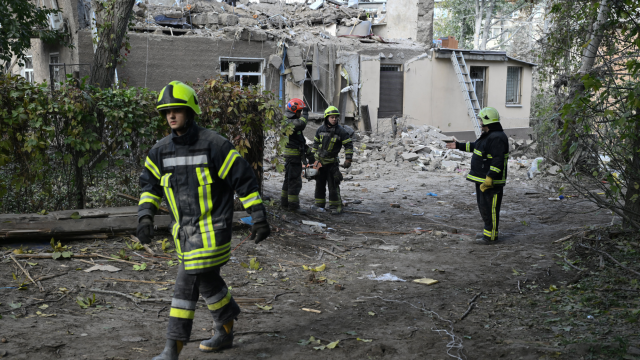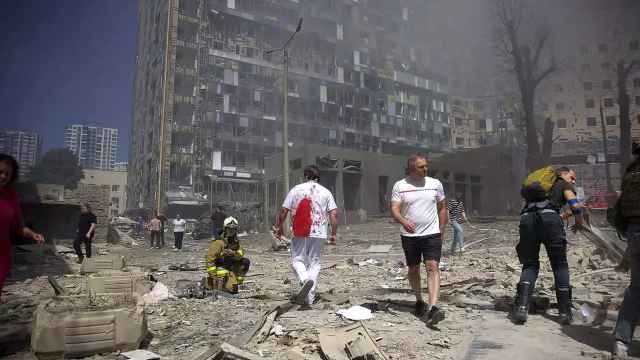Updates with Putin's arrival in Minsk
Russian President Vladimir Putin on Monday arrived for a rare visit to neighboring Belarus, from where Moscow partially launched its invasion of Ukraine nearly 10 months ago, for talks with close ally and strongman leader Alexander Lukashenko.
His arrival on an icy runway in Minsk came hours after Russian forces launched a swarm of attack drones at critical infrastructure in Kyiv, which provoked emergency blackouts in a dozen Ukrainian regions.
The Kremlin has for years sought to deepen integration with Belarus, which relies on Moscow for cheap oil and loans, but Lukashenko had resisted outright unification with Russia despite being a key ally in the war.
Speculation was mounting ahead of the Russian leader's visit that he would pressure Lukashenko to send his troops to Ukraine alongside Russia's military after a series of defeats for Moscow in nearly 10 months of fighting.
Kremlin spokesperson Dmitry Peskov however described the reports as "totally stupid, groundless fabrications."
Russian Foreign Minister Sergei Lavrov was already in Minsk on Monday alongside Defense Minister Sergei Shoigu, as Russia announced its forces were running military drills with Belarusian forces hours before Putin's arrival.
The Defense Ministry released footage of drills in Belarus, showing soldiers conducting tank maneuvers, and practicing artillery and sniper fire at a snow-dusted training ground.
"From the morning until the evening twilight — there is not a single second of silence at the training grounds of Belarus," the ministry said.
It did not say where the drills were taking place or how long they would last.
In October, Belarus announced the formation of a joint regional force with Moscow with several thousand Russian servicemen arriving in the ex-Soviet country, fuelling concerns Minsk could also send troops to Ukraine.
Russia launched a swarm of attack drones at critical infrastructure in Kyiv on Monday in strikes that Ukraine said provoked emergency blackouts in a dozen regions.
The attacks came as Russia said it had shot down several U.S.-made missiles over its airspace near Ukraine.
"I first heard the air raid siren howling from the street... I thought there is going to be a drone attack. For the first time, it scared me," Natalia Dobrovolska, a 68-year-old resident of Kyiv, told AFP.
She described hearing multiple explosions before power shut off in her building in western Kyiv. Officials said Russia had dispatched 35 attack drones nationwide, including 23 over Kyiv.
Ukraine said it had downed 30 of the aerial weapons, including Iranian-made "Shaheds," which have pummelled the capital in recent weeks.
Mayor Vitali Klitschko said critical infrastructure facilities were "damaged" but there were no known casualties.
Energy operator Ukrenergo said emergency electricity outages were scheduled in the capital and nearly a dozen regions.
Moscow said its air defense systems had shot down four U.S.-made missiles over Belgorod, a Russian region bordering Ukraine, in one of its first such claims in nearly 10 months of fighting.
A Message from The Moscow Times:
Dear readers,
We are facing unprecedented challenges. Russia's Prosecutor General's Office has designated The Moscow Times as an "undesirable" organization, criminalizing our work and putting our staff at risk of prosecution. This follows our earlier unjust labeling as a "foreign agent."
These actions are direct attempts to silence independent journalism in Russia. The authorities claim our work "discredits the decisions of the Russian leadership." We see things differently: we strive to provide accurate, unbiased reporting on Russia.
We, the journalists of The Moscow Times, refuse to be silenced. But to continue our work, we need your help.
Your support, no matter how small, makes a world of difference. If you can, please support us monthly starting from just $2. It's quick to set up, and every contribution makes a significant impact.
By supporting The Moscow Times, you're defending open, independent journalism in the face of repression. Thank you for standing with us.
Remind me later.


